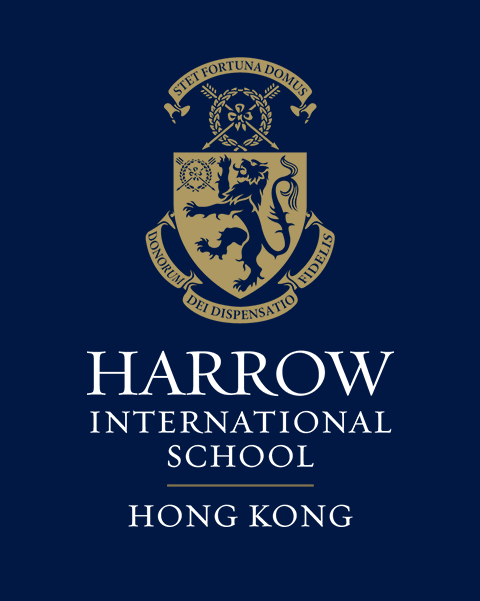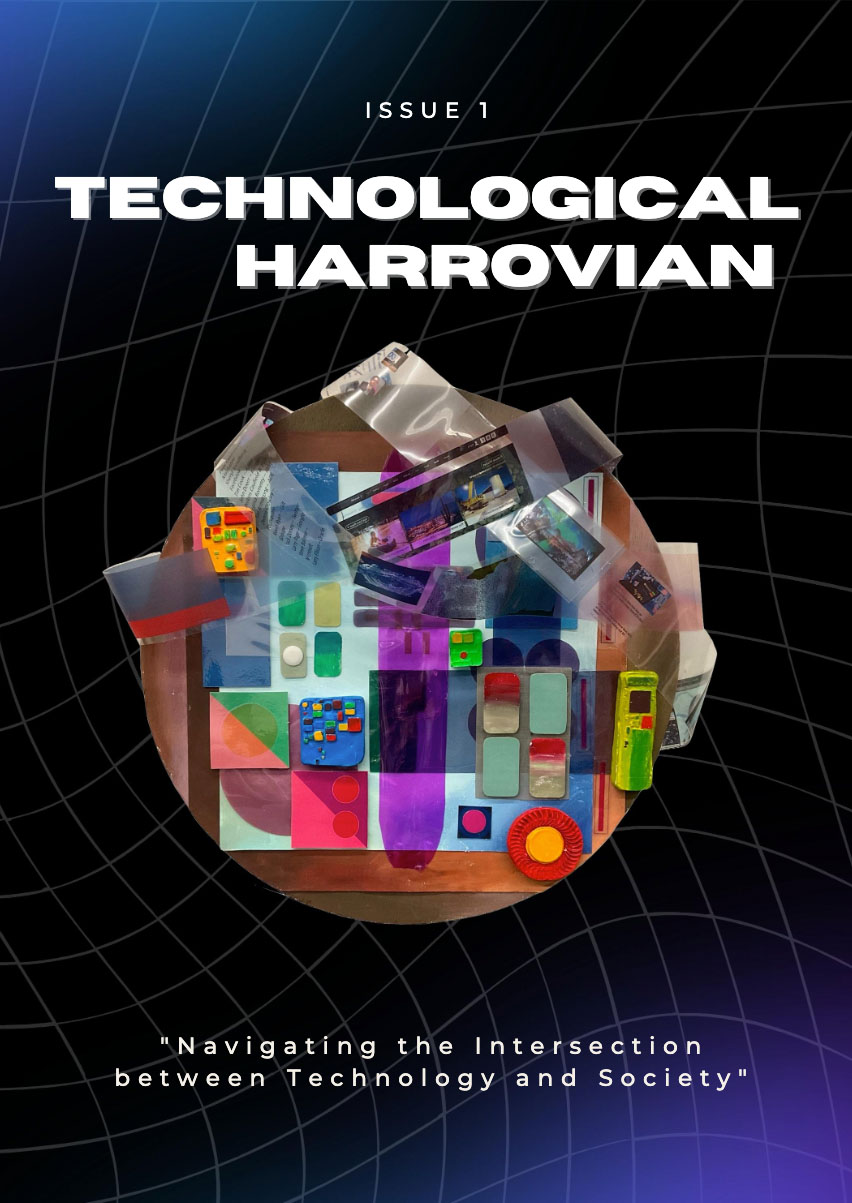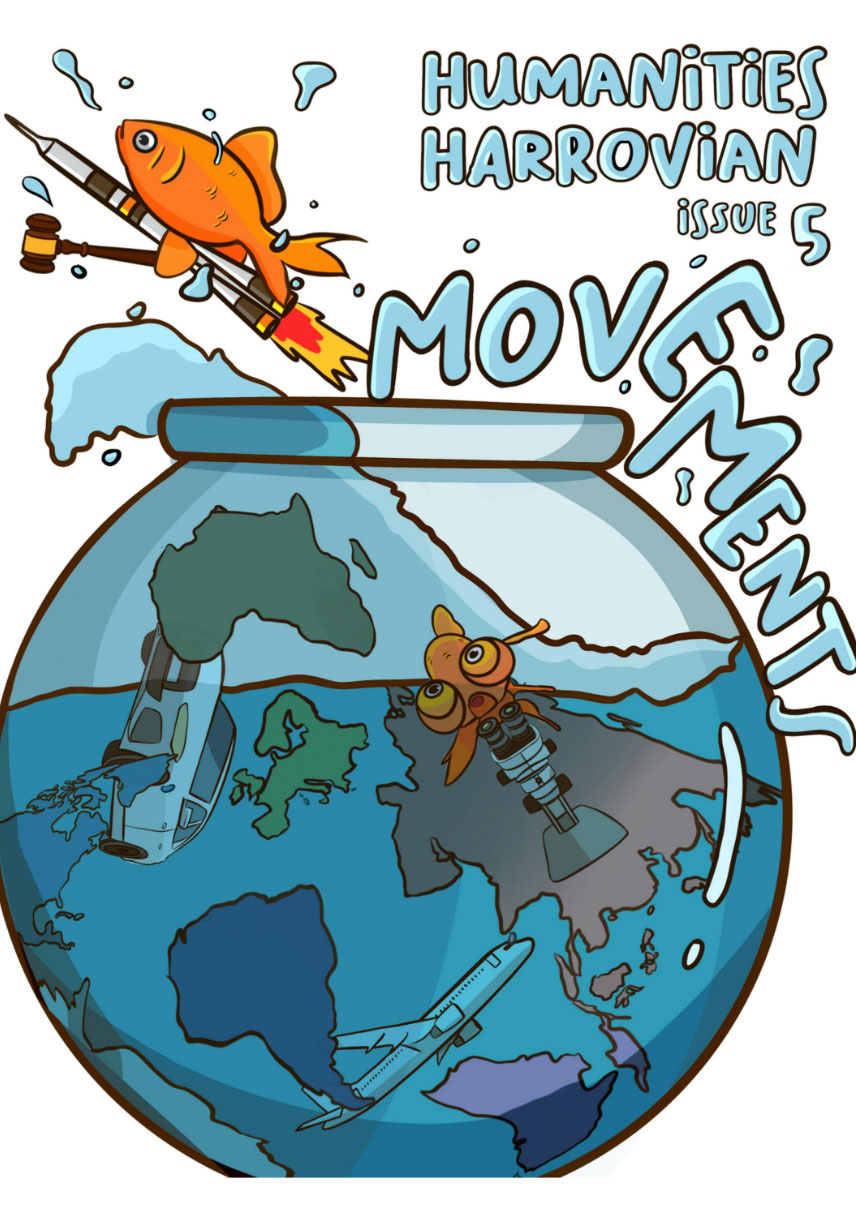Embracing Multilingualism: The Benefits of Language Learning in an International School

At Harrow International School, we recognise that studying a language is a great way to open doors for cultural exchange and a great way to unite our varied community. In our perspective, embracing multilingualism greatly benefits our students’ educational experiences.
Studying a variety of languages allows our students to communicate with people from different cultural backgrounds, lowering barriers and building bridges between communities. One can appreciate other opinions and worldviews through connecting with people on a deeper level by virtue of language abilities.
Our pupils have access to a world of diverse and rich traditions, customs, and histories by virtue of multilingualism. They become global citizens who can confidently traverse multicultural settings while developing a real understanding for cultural variety. Language learning becomes a vehicle for exploring new horizons, cultivating curiosity, and broadening their global outlook.
Multilingualism also provides a strong sense of empowerment. Our students gain the confidence to communicate clearly in a variety of circumstances as they become more fluent in many languages. They develop their interpersonal skills and get ready for a day when diversity is the norm by learning to adjust to various language and cultural standards.
This practice allows for cultural interchange, giving our students the tools and outlook they need to succeed in a globally linked society. Learning a language becomes a life-changing experience that enables people to develop compassion, openness, and global awareness.
Expanding Horizons: Language Learning in an International School
Language learning is a transformative journey that goes beyond mere communication skills. It is a gateway to diverse cultures, perspectives, and opportunities that enrich the lives of our students in countless ways.
When students embark on the path of language learning, they open doors to new connections and friendships across the globe. By mastering different languages, they gain the ability to engage in meaningful conversations, understand cultural nuances, and truly appreciate the beauty of diversity. Language learning becomes a powerful tool for fostering global connections and promoting international mindedness.
Moreover, language proficiency enhances cognitive skills in remarkable ways. Research shows that multilingual individuals have improved memory, problem-solving abilities, and multitasking skills. By challenging their brains through language acquisition, our students sharpen their cognitive abilities and develop a flexible mindset that can adapt to various situations.
Additionally, learning a language fosters cultural sensitivity and empathy. Students develop a greater grasp of the practises, traditions, and values of many cultures by immersing themselves in various languages. They learn to accept other viewpoints and to be open to both the similarities and contrasts between people from different backgrounds.
At Harrow International School Hong Kong, we witness how studying a language increases self-assurance and respect. Learning a new language increases students’ confidence in their skills and willingness to take chances in both their academic and personal life. The resilience, tenacity, and sense of success that language learners acquire strengthens them in all facets of their education.
Fostering Global Connections: The Multilingual Advantage
Our school wholeheartedly believes in the power of multilingualism to foster global connections among our students. Language learning goes far beyond mere communication—it opens up doors to understanding and appreciating diverse cultures, forging meaningful relationships, and cultivating a sense of global citizenship.
When our students learn languages, they not only acquire a valuable tool for effective communication but also gain insights into different worldviews, traditions, and perspectives. This exposure to multiple languages broadens their horizons and encourages them to embrace cultural diversity with curiosity and respect.
The multilingual advantage goes beyond personal growth; it plays a crucial role in building bridges between individuals and communities. When our students communicate in different languages, they can establish connections with people from various backgrounds, fostering empathy, and nurturing meaningful friendships. This ability to engage in intercultural dialogue promotes tolerance, understanding, and unity among our diverse student body.
Multilingualism provides our students with a competitive edge in an increasingly interconnected world. It equips them with the skills necessary to navigate global challenges, collaborate on an international scale, and thrive in multicultural environments. Whether pursuing higher education abroad or entering the workforce, proficiency in multiple languages opens doors to a myriad of opportunities, both personally and professionally.
Enhancing Cognitive Skills: The Cognitive Benefits of Language Learning
We fully understand that language learning goes beyond the acquisition of words and grammar rules. In our experience, it also offers numerous cognitive benefits that shape students into well-rounded individuals.
For example, language learning enhances problem-solving skills. When students navigate through different languages, they learn to analyse and decipher unfamiliar patterns, which boosts their critical thinking abilities. This skill translates to other academic areas, empowering students to approach challenges with a flexible and analytical mindset.
Language learning also improves memory retention. As students learn new vocabulary and grammar structures, they exercise their memory muscles, strengthening their ability to recall information. This cognitive advantage extends beyond language learning and supports students in various subjects, including mathematics, science, and history.
Multilingualism enhances creativity. When students engage with different languages, they are exposed to diverse cultures, perspectives, and linguistic nuances. This exposure fosters a creative mindset, encouraging students to think outside the box and explore alternative ways of expression.
At Harrow Hong Kong, we have also observed that language learning enhances problem-solving skills. By immersing themselves in different linguistic contexts, students develop adaptability and resilience. They learn to navigate unfamiliar situations, communicate effectively, and find innovative solutions. These problem-solving abilities are invaluable in an increasingly interconnected and complex world.
Language learning strengthens multitasking skills. Bilingual or multilingual individuals are adept at switching between languages, a cognitive skill that requires mental flexibility and concentration. These skills transfer to various areas of life, helping students excel in managing multiple tasks simultaneously.
Embracing multilingualism offers a multitude of benefits for students. From fostering cultural exchange and global connections to enhancing cognitive skills and opening doors to future opportunities, language learning is a powerful tool that equips students with the skills they need to thrive in an interconnected world.

 360° TOUR
360° TOUR 










